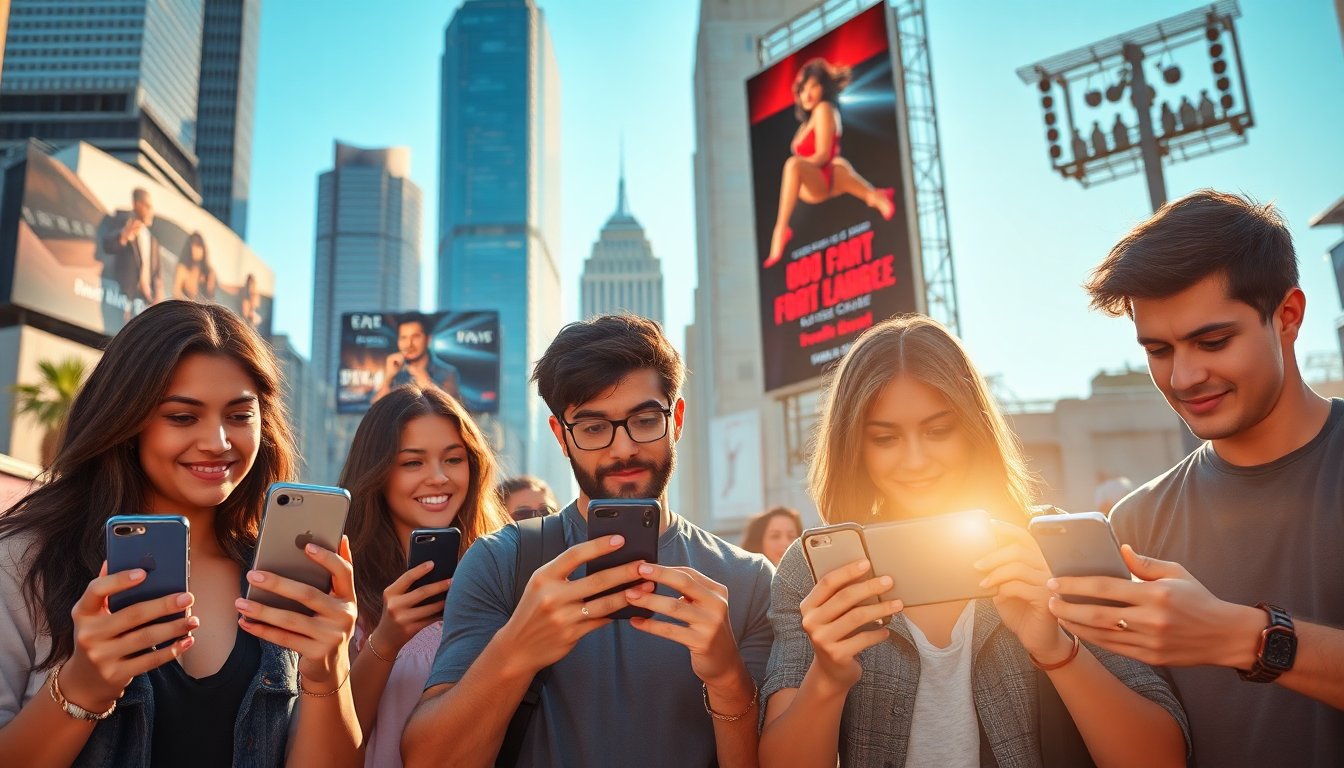Table of Contents
Introduction
The landscape of American celebrity culture has shifted dramatically in recent years. This transformation is largely attributed to the rise of social media and digital platforms. This article examines the complex dynamics that influence the lives and careers of American celebrities today.
Evidence of transformation
Documents in our possession show that nearly 70% of American adults use social media, according to a report by Pew Research Center. This trend has created a direct line of communication between celebrities and their fans, allowing for real-time interactions and heightened visibility.
Reconstruction of celebrity dynamics
Historically, American celebrities gained prominence primarily through traditional media channels, such as television and film. However, platforms like Instagram and Twitter have democratized fame, enabling individuals without conventional pathways to stardom to achieve recognition. Evidence collected indicates that influencers can attain celebrity status with significantly less traditional backing compared to previous generations, as highlighted in a Harvard Business Review study.
Key figures in the celebrity ecosystem
Prominent figures such as Kylie Jenner and Dwayne ‘The Rock’ Johnson exemplify the modern celebrity adept at navigating both traditional and social media platforms. Their ability to engage with fans has redefined contemporary celebrity status. Research from Forbes shows that these personalities leverage their fame for personal branding and significantly influence marketing strategies across various industries.
Implications for the future
The implications of this shift are substantial. As social media continues to develop, the definitions of fame and celebrity will also evolve. According to papers reviewed by the American Psychological Association, this evolution may introduce new societal pressures regarding self-image and validation, particularly among younger audiences who consume celebrity content extensively.


